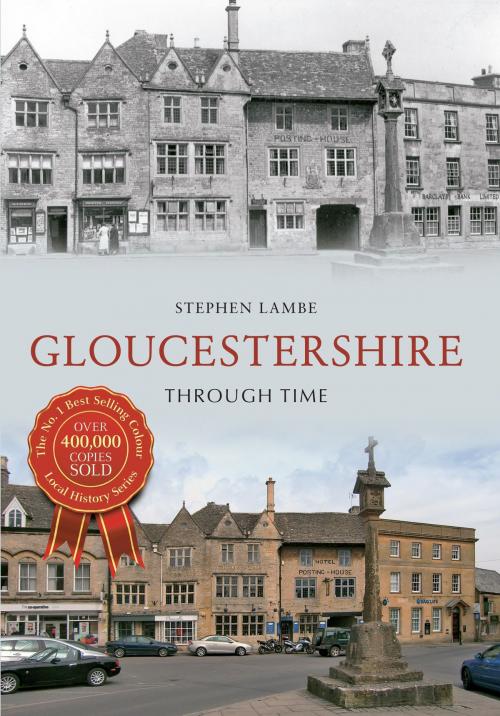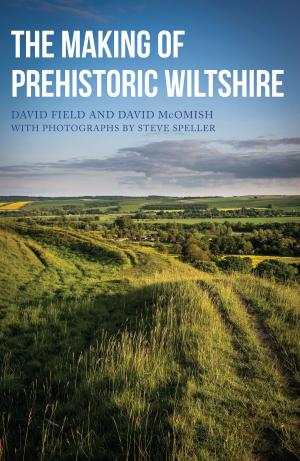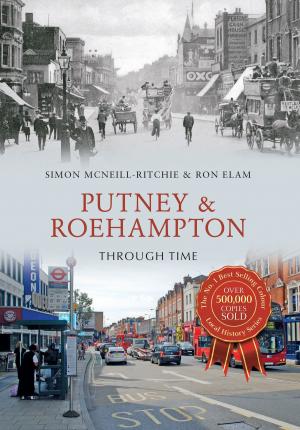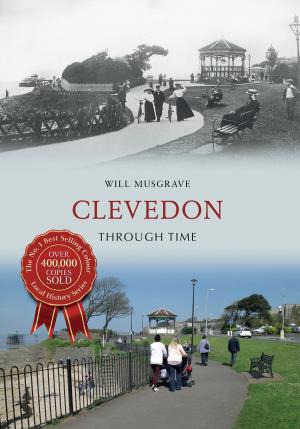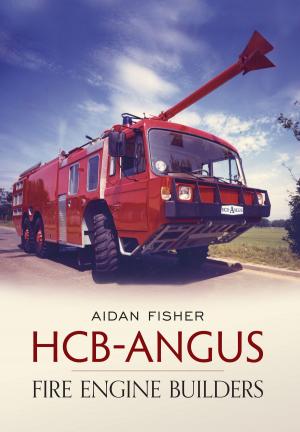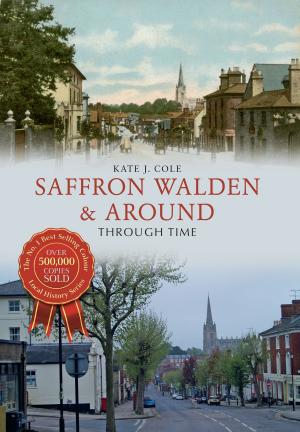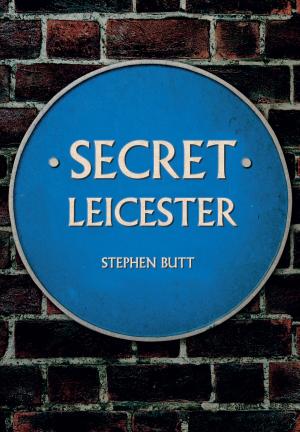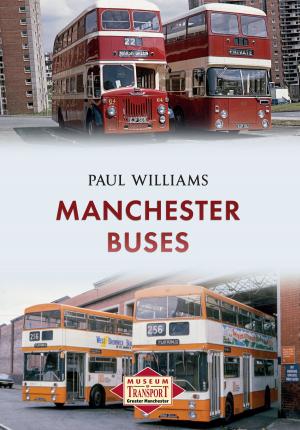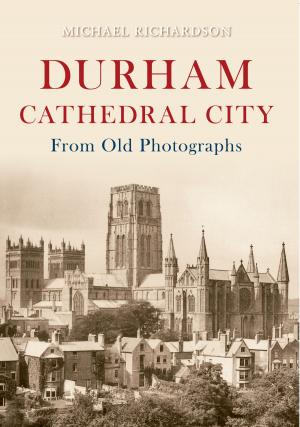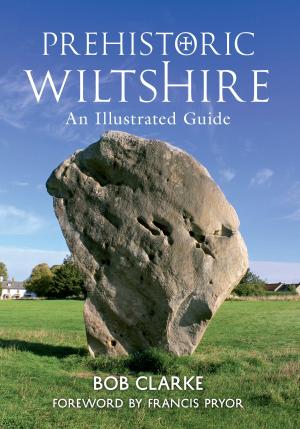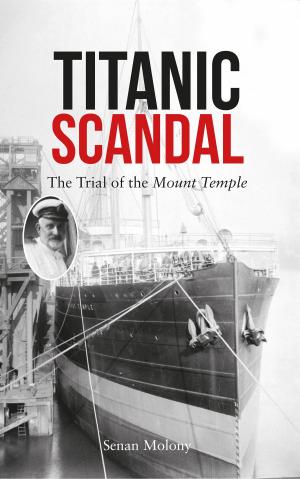Gloucestershire Through Time
Nonfiction, Art & Architecture, Photography, Pictorials, Travel, History| Author: | Stephen Lambe | ISBN: | 9781445617343 |
| Publisher: | Amberley Publishing | Publication: | June 15, 2013 |
| Imprint: | Amberley Publishing | Language: | English |
| Author: | Stephen Lambe |
| ISBN: | 9781445617343 |
| Publisher: | Amberley Publishing |
| Publication: | June 15, 2013 |
| Imprint: | Amberley Publishing |
| Language: | English |
Gloucestershire is a remarkably varied county. Cut in two by the River Severn, the western part of the county comprises the ancient Forest of Dean, reserved for royal hunting in Saxon times and latterly associated with coal mining. In the north lie Gloucestershire's two biggest settlements, the cathedral city of Gloucester and Georgian Cheltenham with its elegant architecture. In the far north of the county can be found the half-timbered buildings of Tewkesbury. To the east lie the Cotswolds, stretching from Chipping Campden in the north down to the mill town of Stroud and the old Roman city Cirencester, both mid-county. Further south still lie the ancient settlements of Berkeley, Thornbury and Chipping Sodbury. This evocative journey through this gloriously rural county also features the canals that became the spine of the region, as well as the bridges than span its most important waterway, the Severn.
Gloucestershire is a remarkably varied county. Cut in two by the River Severn, the western part of the county comprises the ancient Forest of Dean, reserved for royal hunting in Saxon times and latterly associated with coal mining. In the north lie Gloucestershire's two biggest settlements, the cathedral city of Gloucester and Georgian Cheltenham with its elegant architecture. In the far north of the county can be found the half-timbered buildings of Tewkesbury. To the east lie the Cotswolds, stretching from Chipping Campden in the north down to the mill town of Stroud and the old Roman city Cirencester, both mid-county. Further south still lie the ancient settlements of Berkeley, Thornbury and Chipping Sodbury. This evocative journey through this gloriously rural county also features the canals that became the spine of the region, as well as the bridges than span its most important waterway, the Severn.
